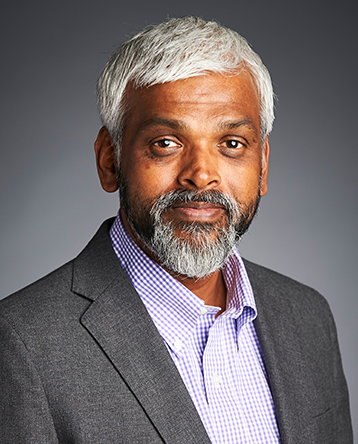Mohammad Islam
Professor, Materials Science and Engineering
Professor, Materials Science and Engineering

Mohammad F. Islam is a professor in the Department of Materials Science and Engineering at Carnegie Mellon University. He received his Ph.D. in physics from Lehigh University, focusing on aggregation and adsorption behavior of polyelectrolytes. He then moved to the department of Physics and Astronomy at the University of Pennsylvania as a postdoctoral fellow. There he worked on colloidal systems and carbon nanotubes. Since joining Carnegie Mellon, Islam has received the National Science Foundation CAREER award, the Alfred P. Sloan Research Fellowship, the Kavli Frontiers Fellowship, and the College of Engineering George Tallman Ladd Research Award.
2000 Ph.D., Physics, Lehigh University
Pittsburgh Business Times
MSE’s Mohammad Islam was interviewed by the Pittsburgh Business Times about Watson Nano, a new company co-founded by Islam and Trey Watson as a result of Islam’s research on carbon nanotubes. Watson will license the technology and hopes to scale it commercially soon.
CMU Engineering
Exoform, a customizable, semi-rigid material with self-fusing edges has the potential to eliminate many of the doctors visits that go along with broken bones, not to mention help them heal faster.
Scott Institute
Eight research projects lead by CMU Engineering faculty have been awarded 2020 Seed Grants for Energy Research by the Scott Institue for Energy Innovation.
the Manufacturing Futures Institute
Carnegie Mellon University’s Mohammad Islam and Lining Yao are developing a self-healing actuator, called Healer, which is expected to fully heal itself within a few hours with the same shape, functionalities, and properties as before if it is broken into pieces. Such actuators can be used as sensors and synthetic muscles.